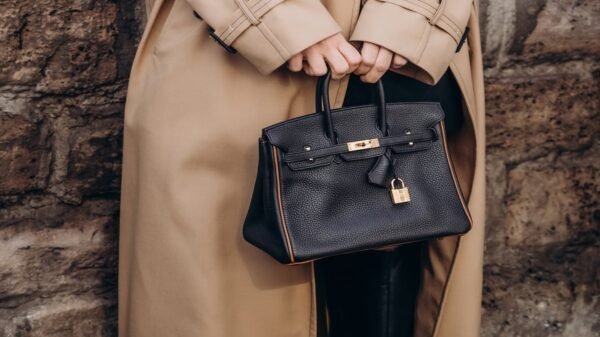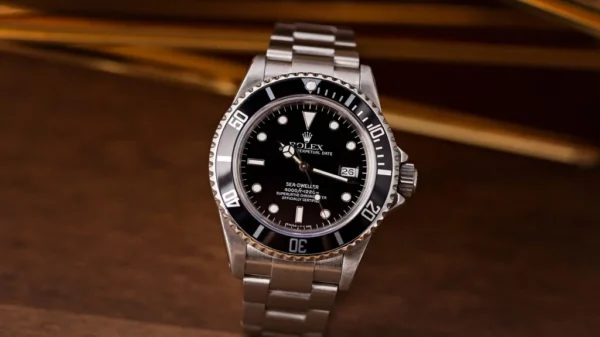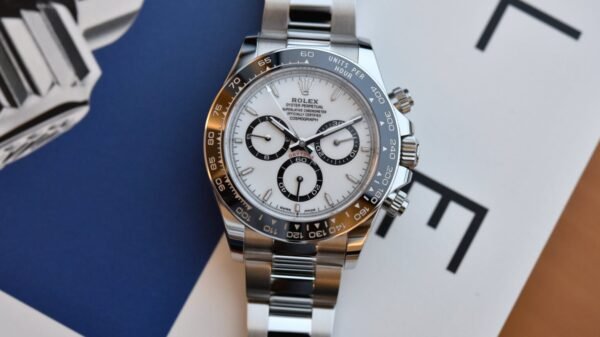Apple suffers setbacks in the fight against the EU’s $14 billion tax order. On Thursday, an adviser to Europe’s top court stated that an EU tribunal should reconsider its decision to favor Apple over a tax order worth 14 billion euros, citing legal mistakes that may potentially cause a setback for the iPhone manufacturer.
EU antitrust head Margrethe Vestager’s campaign against multinational corporations and EU nations involved transactions that regulators perceived as unjust state aid, including the tax lawsuit against Apple.
In its 2016 finding, the European Commission said that Apple had profited for over 20 years from two Irish tax rulings that had unfairly lowered its tax burden to as low as 0.005% in 2014. In 2020, the General Court of the European Union affirmed Apple’s lawsuit, ruling that authorities had not satisfied the legal burden of proof that Apple had benefited unfairly.
However, EU Court of Justice (CJEU) attorney general Giovanni Pitruzzella disagreed, arguing that CJEU justices must overturn the General Court’s decision and return the matter to the lower court.
In a nonbinding decision, he said, “The judgment of the General Court on ‘tax rulings’ adopted by Ireland about Apple should be set aside.” According to the Commission’s conclusion, the General Court had incorrectly evaluated the nature and effects of some methodological mistakes that invalidated the tax decisions. This was in addition to several legal mistakes.
“It is, therefore, necessary for the General Court to carry out a new assessment,” Pitruzzella stated. The CJEU is considering four out of five of these proposals and will decide in the upcoming months.
Ireland reaffirmed that it had not given Apple any public funding. “It is important to bear in mind that this opinion does not form part of the Court of Justice of the European Union judgment but is considered by the Court when arriving at its final ruling,” McGrath said.
“It has always been, and remains, Ireland’s position that the correct amount of Irish tax was paid and that Ireland provided no state aid to Apple.” Even though Apple and Dublin filed an appeal against the tax judgment, Apple still had to give over the entire sum Ireland had kept in an escrow account.
The Irish government has always maintained that other EU members will assert that they are entitled to a portion of the back taxes, even if it loses its appeal and keeps the money.
“We appreciate the court’s attention and further deliberation in this matter. The General Court’s decision, which made it abundantly evident that Apple received neither state funding nor preferential treatment, should be affirmed, an Apple representative stated.
When defending her tax cases in court, Vestager has had a mixed track record; courts have backed appeals from carmaker Stellantis (STLAM.MI), Amazon (AMZN.O), and Starbucks (SBUX.O).
In September, the General Court supported her decision to reject a 700 million euro tax plan for 55 multinational corporations, marking her most significant legal win. Her tax crackdown has compelled EU nations to abandon this romantic agreement.
In a case that dates back to 2017, Vestager is looking at the Dutch tax arrangement of IKEA brand owner Inter IKEA. The issue concerns tax decisions granted by Luxembourg to Huhtamaki (HUH1V.HE), a Finnish food and drink packaging firm, and Nike (NKE.N) in the Netherlands. C-465/20 P Commission v. Ireland and Others is Apple’s case.





















































